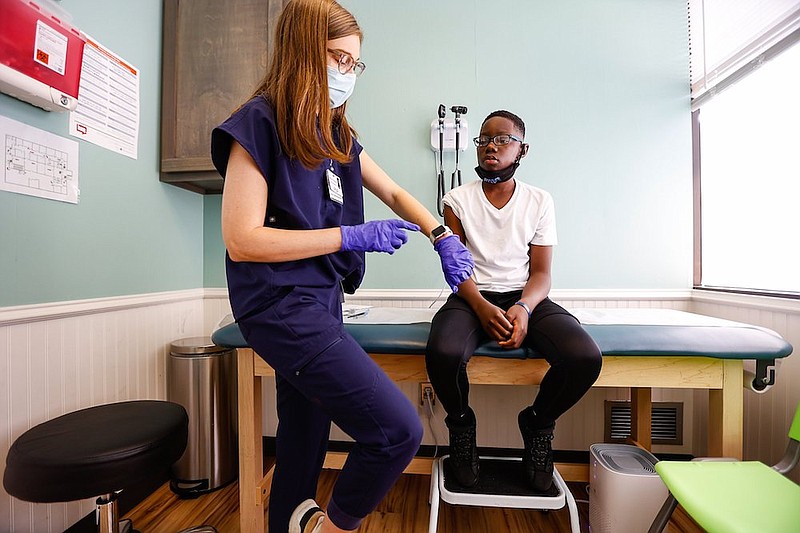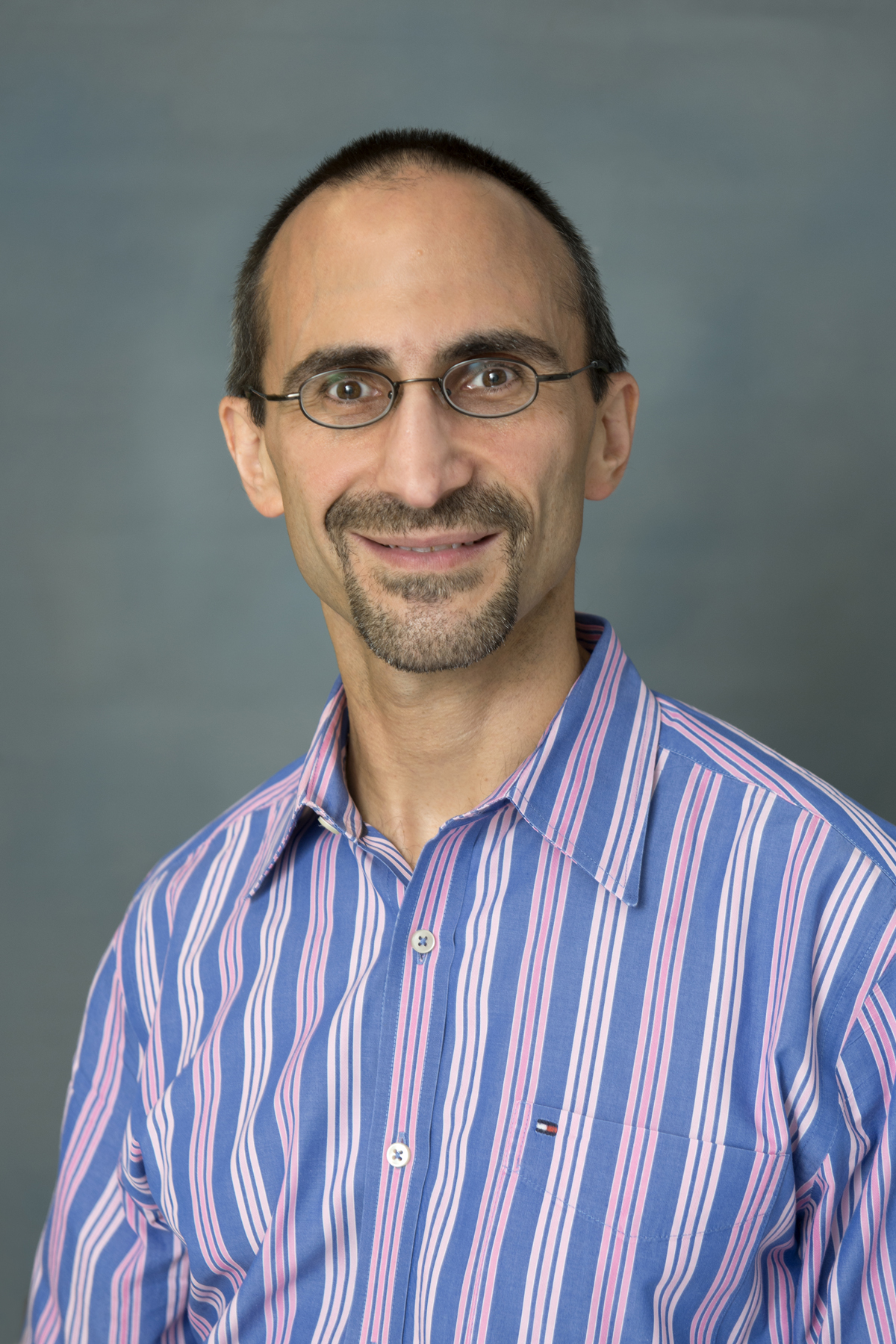My kids give me that funny look when I tell them that life is all about choices. We choose whether to sleep in, what we'll say or if we're going to have that extra scoop of ice cream. There are, of course, more difficult choices. Do I take that new job and move out of state? Am I ready to pop the question? When should we have kids? Every choice we make changes the course of our lives, some for the better and some for the worse. My kids know, because I've told them over and over, that the most important part of every choice is knowing why you made it. Did you eat more cake because your best friend challenged you or because you are a true chocaholic? Did you propose marriage because you were scared of losing your partner or because you knew they were "the one"?
The reasons behind every choice we make are more important than the choice itself because we rarely regret a choice where we truly considered the good, the bad and the ugly. I think we need to use the same logic when deciding whether to get the COVID vaccine. The hard part about that one is that our decision doesn't only affect us; it affects our family, our friends, our neighbors, and, without sounding too dramatic, it affects the whole world. Sounds crazy, I know. How can my decision whether to get vaccinated affect the whole world?
Let's start with answering some questions about the vaccine. I am not going to sit here and say "Take the vaccine. It is absolutely safe," but let's at least dispel a few myths:
' Will the vaccine make you infertile or cause miscarriages?
There isn't really any science behind believing that any of the current COVID vaccines would cause infertility for men or women, and vaccinated people haven't had any more miscarriages than unvaccinated.
* Are the vaccines safe? They were made too fast.
The only reason that they were able to make vaccines faster is because science is so much better. You may be too young to remember what it was like before microwaves, but we actually used to boil water on the stove to make coffee and tea. That took about 5 minutes. Now you can do that in a microwave in about 30 seconds.
* What about the testing? Did they rush that?
Well, the vaccine studies required about 40,000 volunteers. Usually that takes about three to five years. However, in the middle of a global pandemic, that took only about 3-5 months. Worries about safety when the vaccines first came out were based on the short period of time that they were studied and the fact that they didn't have full FDA approval. Now that the Pfizer and Moderna vaccines have been out more than six months and J&J about 5 months, we have information on millions of people. That's a whole lot more than we know about most drugs that are approved by the FDA even when we aren't in the middle of a global pandemic. About 12 in every million young men between 19 and 39 who received Pfizer or Moderna vaccines had myocarditis or pericarditis (inflammation around the heart), and about two in every million women between 18 and 48 who received Johnson & Johnson had severe blood clots. J&J has also been associated with a very small increase in the number of cases of a neurologic disorder called GBS that can cause anywhere from mild to severe weakness. All this information helps us make better choices. If you're a young woman you might pick Pfizer or Moderna, while young men might pick J&J. Of course, you have to keep in mind that for now only Pfizer is approved for anyone under 18.
* Do you need a vaccine if you've had COVID?
The honest answer to that: We don't know. Studies out there are small, so it's hard to say for sure. I guess the question is do you take the chance that protection from having COVID is good enough, or do you go for the "booster" by getting a vaccine as well?
* Do I need a vaccine if I'm young, healthy and have a really low chance of actually getting seriously sick or dying from COVID?
Well, first, if you get COVID you could pass it on to someone who is at high risk who ends up in the hospital or even worse, dying. Secondly, every time COVID infects someone it changes just a little. The more people who get infected, the more likely it is that COVID will change a lot and become more dangerous or more infectious like it did with the delta variant.
Ugh ... more information than you probably ever wanted to think about. But understanding all this helps you figure out the "why" of your decision to take or not to take the COVID vaccine. You see, the choice is yours. It always has been. But the consequences affect all of us. So take your time, think about it and choose wisely. Our lives depend on it.
Dr. Matthew Kodsi, a Chattanooga neurologoist, is vice president of medical affairs at CHI Memorial Hospital.

